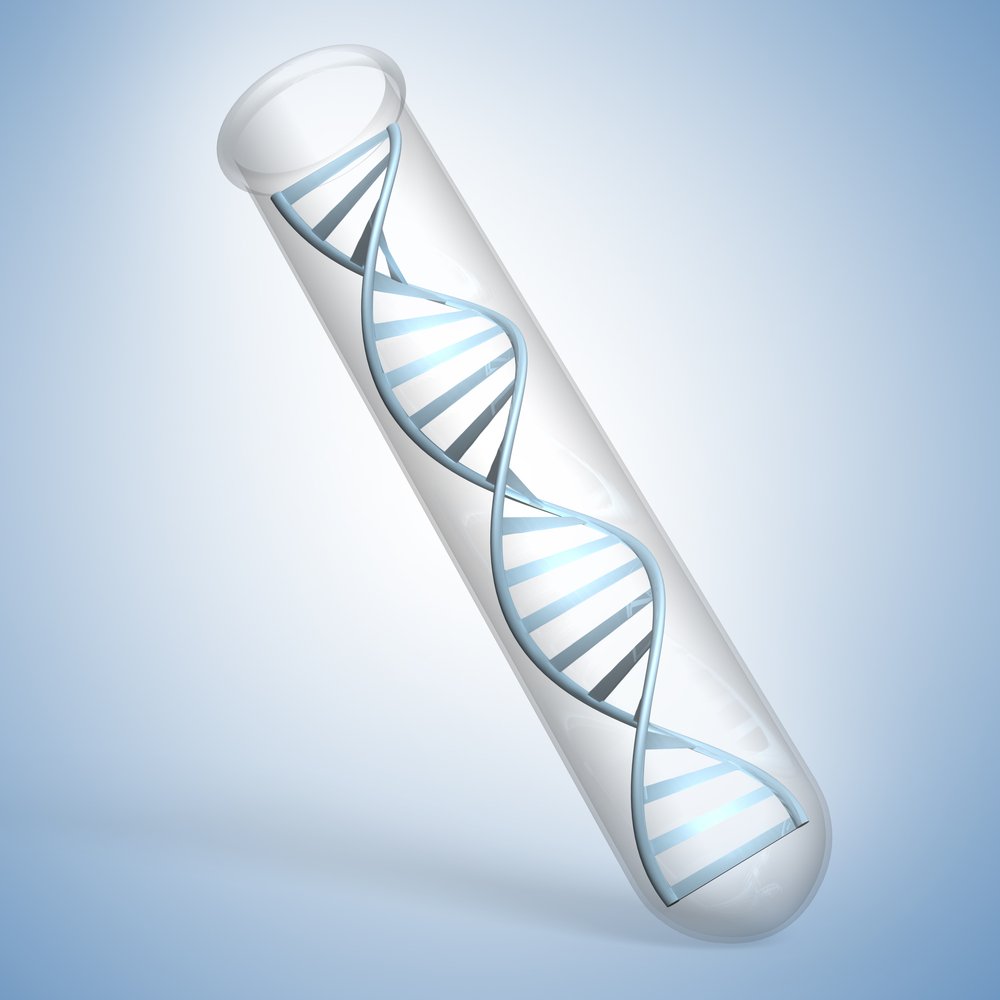GTX-102 Placed on Fast Track by FDA for Angelman Syndrome
Written by |

The U.S. Food and Drug Administration (FDA) has given fast track designation to GeneTx Biotherapeutics and Ultragenyx‘s investigational therapy GTX-102 for Angelman syndrome.
Fast track is given to speed the development and review of a treatment, facilitating discussions with the FDA and enabling the therapy to qualify for priority review and accelerated approval if certain criteria are met.
“GeneTx is committed to improving the quality of life of individuals living with Angelman syndrome,” Paula Evans, CEO of GeneTx, said in a press release. “Receiving Fast Track designation for GTX-102 is an important recognition of our antisense oligonucleotide program and the promise it might offer to this patient population.”
Angelman disease is a rare neurologic disorder caused by the loss or dysfunction of the maternal copy of the UBE3A gene, which is central to produce the ubiquitin protein ligase E3A in neurons of the central nervous system.
This is because the UBE3A gene inherited from the father is shut down in select areas of the brain, in a natural process called genomic imprinting. When the maternal gene is also lost, these regions have little to no ubiquitin protein ligase E3A.
Imprinting in the paternal gene is regulated by a molecule called UBE3A antisense transcript, or UBE3A-AS. In theory, inhibiting UBE3A-AS should restore the function of UBE3A in the brain.
This is the reasoning behind GTX-102, an antisense oligonucleotide designed to target this molecule. Antisense oligonucleotides (ASOs) are small molecules that can bind to RNA molecules and target them for degradation or change how they are spliced. Splicing is a genetic mechanism that allows for a single gene to give rise to many different proteins.
Preclinical studies in animal disease models have shown that GTX-102 is able to reduce the levels of UBE3A-AS and activate the paternal UBE3A gene in the central nervous system, easing some of the neurological symptoms evident in the animals.
An open-label Phase 1/2 trial, called KIK-AS (NCT04259281), that opened in February is evaluating GTX-102’s safety, tolerability, and blood plasma and central nervous system concentrations in children and adolescents with Angelman syndrome.
It plans to enroll up to 20 patients, ages 4-17, at a single site at the Rush University Medical Center in Chicago, with additional sites planned for Boston, Cincinnati, Denver, Los Angeles, New York, and Canada.
KIK-AS is testing five ascending doses of GTX-102, each given via intrathecal (spinal canal) injection at the beginning of the study, followed by three intrathecal injections at days 30, 58, and 86.
Patients are expected to complete this six-month study, after which they can choose to enter an open-label extension study and continue receiving GTX-102.
Other trial measures include levels of ubiquitin protein ligase E3A in the cerebrospinal fluid (the fluid surrounding the brain and spinal cord), as well as changes in motor function, development, communication, sleep, behaviors, and in seizure frequency.
Early trial data is expected to be released by June 2021, GeneTX stated.
GTX-102 was also named by the FDA an orphan drug and rare pediatric disease product as a potential Angelman treatment in September.





